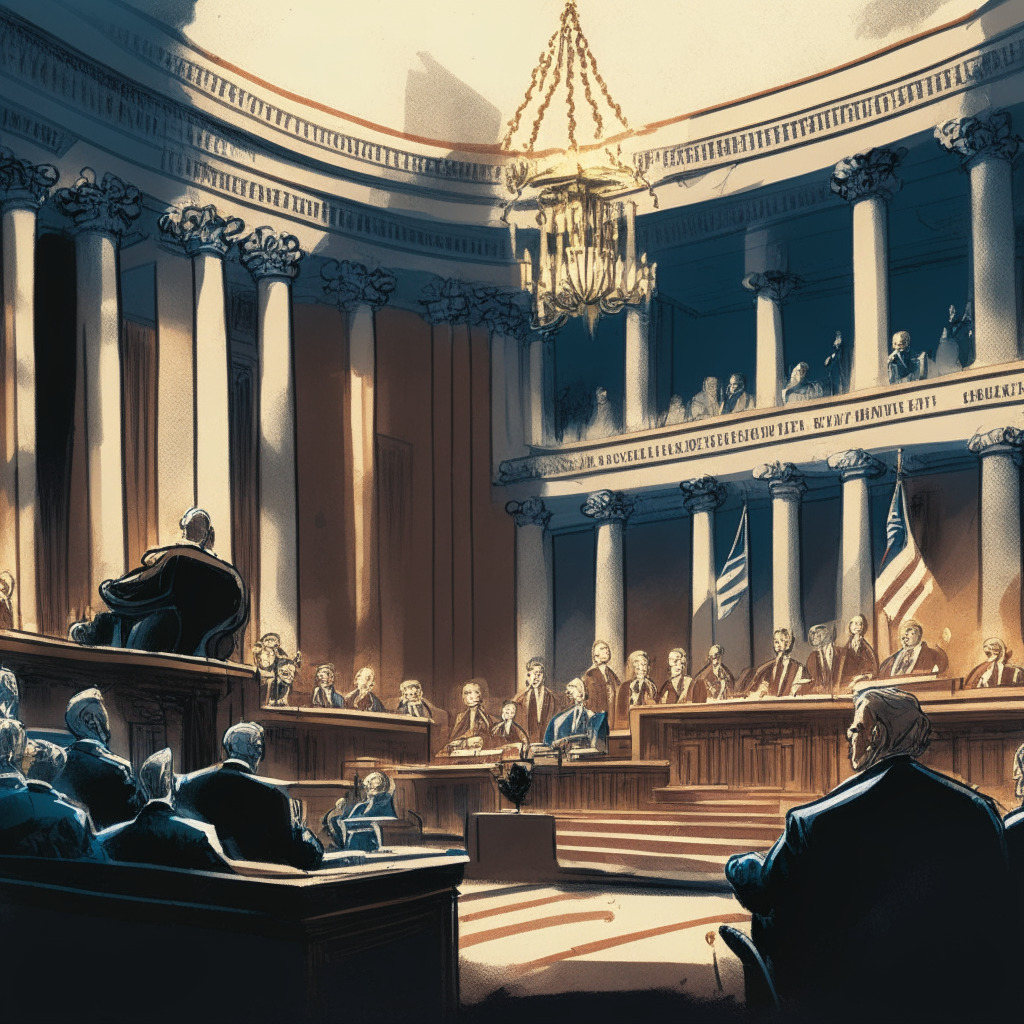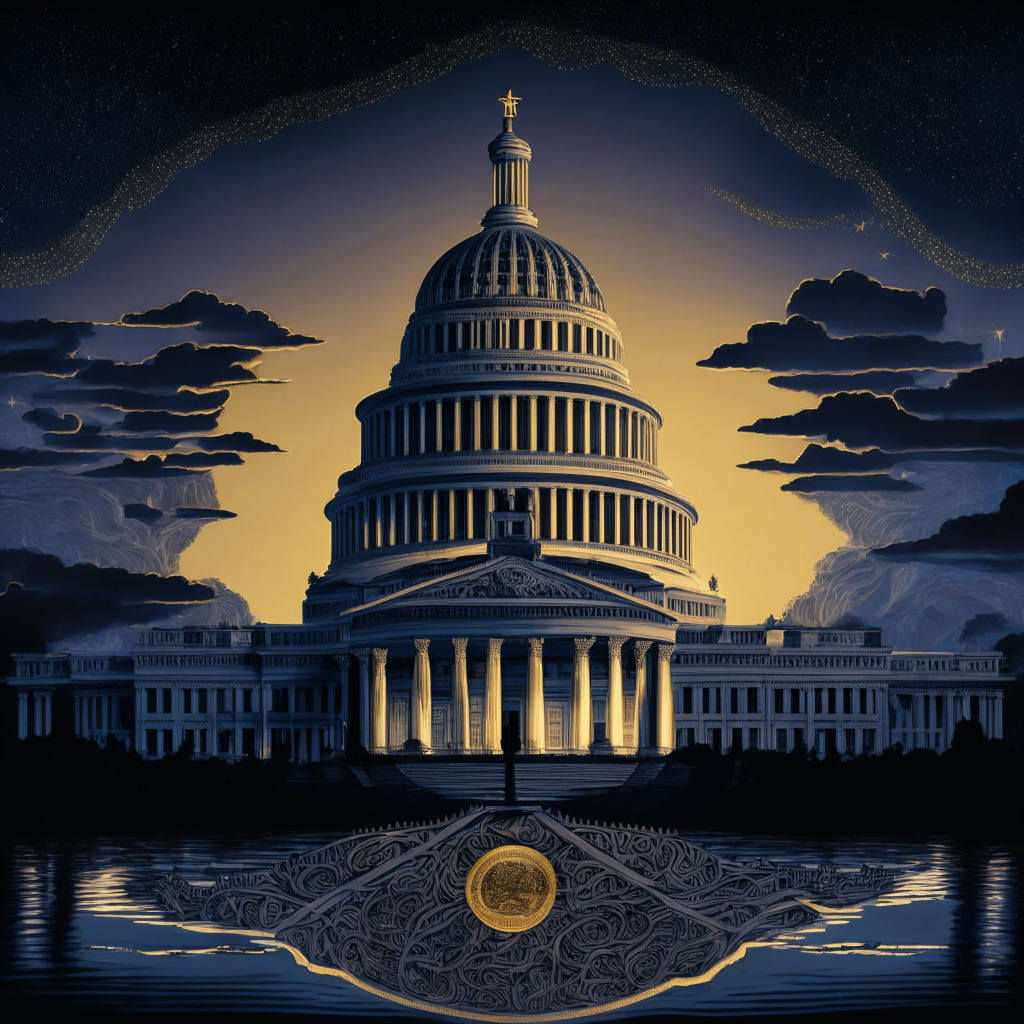Senators Elizabeth Warren and Roger Marshall’s cryptocurrency anti-money laundering bill, the Digital Asset Anti-Money Laundering […]
Search Results for: Roger Marshall
Digital Asset AML Act: Regulating Crypto or Hindering Blockchain Progress?
Senators Elizabeth Warren and Roger Marshall have introduced the Digital Asset Anti-Money Laundering Act, aiming to close loopholes in the crypto industry. However, the proposed law seems at odds with the reality that most money laundering cases still involve fiat currencies, and law enforcement’s proven ability to prosecute crypto-related money laundering. The bill’s necessity should be scrutinized, considering potential alternatives without harming underlying technology.
Navigating the New Terrain: Implications of the NDAA Bill on Crypto Privacy and Regulation
The U.S. Senate has passed the National Defense Authorization Act, imposing new regulations on the digital asset world, including privacy coins and crypto mixers. The regulations aim to stem crypto-related fraud and are expected to force an elevation in crypto regulatory standards, obliging authorities to crack down on anonymous crypto transactions. The discourse reflects the conflict between privacy freedoms versus governance needs in the crypto sector.
2024 NDAA and Crypto: Striking Balance between Oversight and Innovation
The United States Senate has passed the 2024 National Defense Authorization Act that targets crypto mixers, crypto trading institutions, and anonymous coins. The bill draws provisions from the Digital Asset Anti-Money Laundering Act and the Responsible Financial Innovation Act for improved oversight on crypto-based activities. Key measures include examination standards for crypto, preventing FTX-style events, and studies to curb anonymous crypto transactions.
U.S. Senate Tightens Crypto Regulations in NDAA 2024: A Necessity or Threat to Blockchain Freedom?
The U.S. Senate’s passage of the 2024 National Defense Authorization Act introduces tighter regulations for financial institutions engaged in crypto trading, marking a significant legislative shift. The bill targets crypto mixers and “anonymity-enhancing” crypto assets and aims to strengthen compliance with money laundering and sanctions laws.
Balancing Blockchain Privacy with AML Enforcement: A Brewing Conflict
The anti-money-laundering bill highlights the conflict between blockchain privacy and law enforcement responsibilities. As private blockchains develop and financial privacy demand grows, concerns arise over the effectiveness of AML and CFT regulations, leading to potential clashes with constitutional protections and existing legal frameworks.





